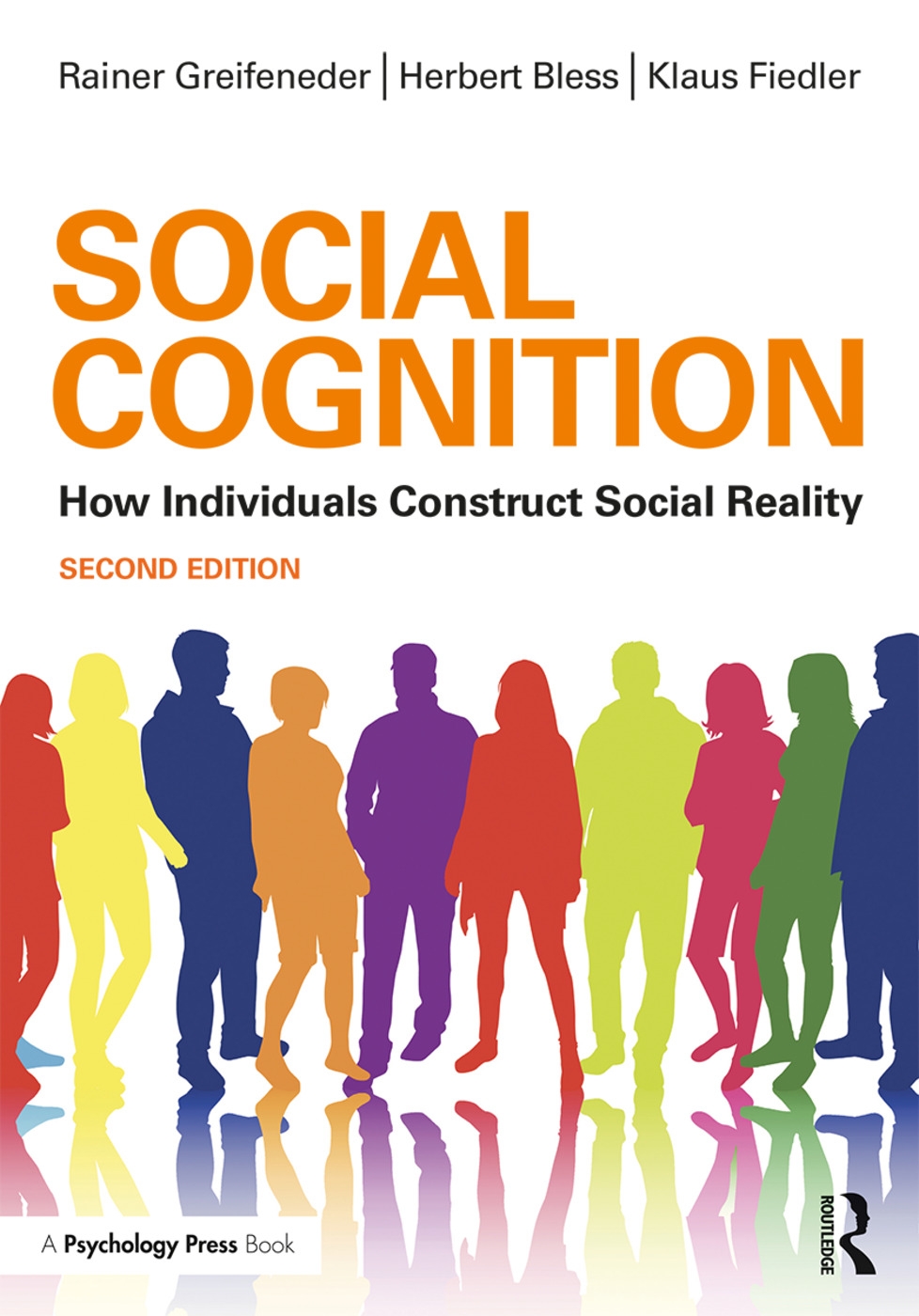How do people think about the world?
How do individuals make sense of their complex social environment?
What are the underlying mechanisms that determine our understanding of the social world?
Social cognition - the study of the specific cognitive processes that are involved when we think about the social world - attempts to answer these questions. Social cognition is an increasingly important and influential area of social psychology, impacting on areas such as attitude change and person perception. The new and fully updated edition of this succesful introductory textbook provides the student with comprehensive coverage of the core topics in the field: how social information is encoded, stored and retrieved from memory; how social knowledge is structured and represented; and what processes are involved when individuals form judgements and make decisions.
The overall aim is to highlight the main concepts and how they interrelate, providing the student with an insight into the whole social cognition framework. For the new edition, the authors have introduced new material on construal level theory, behavior regulation, metacognition, and embodiment. Social Cognition will be essential reading for students and researchers in psychology, communication studies, and sociology.












